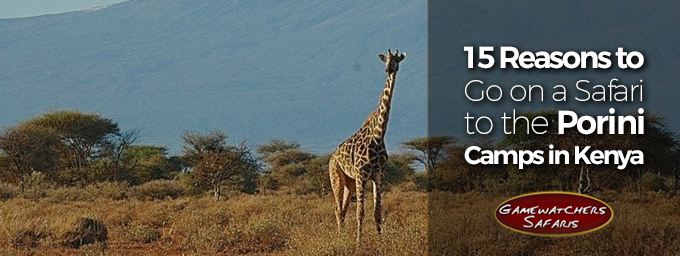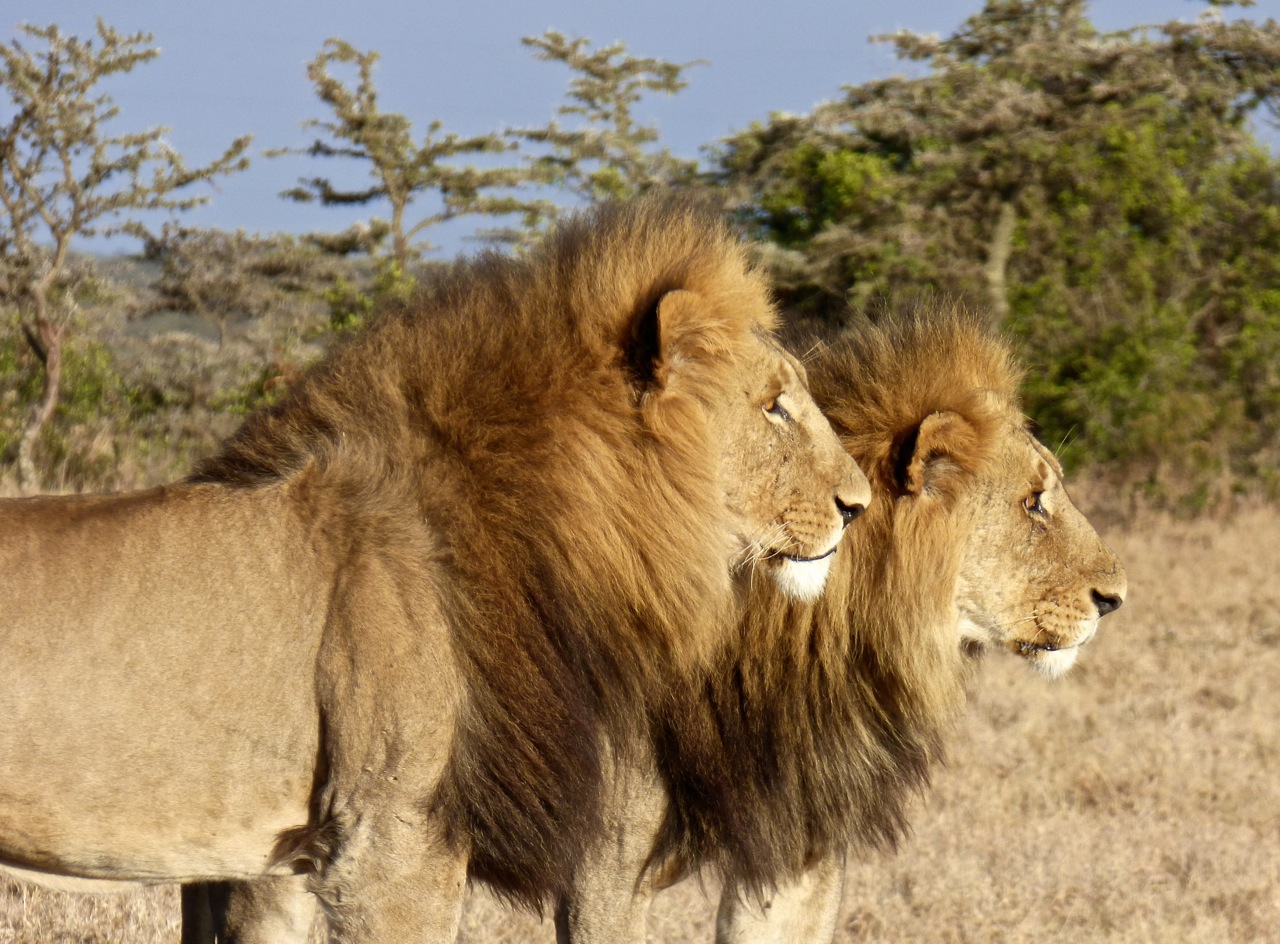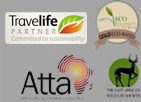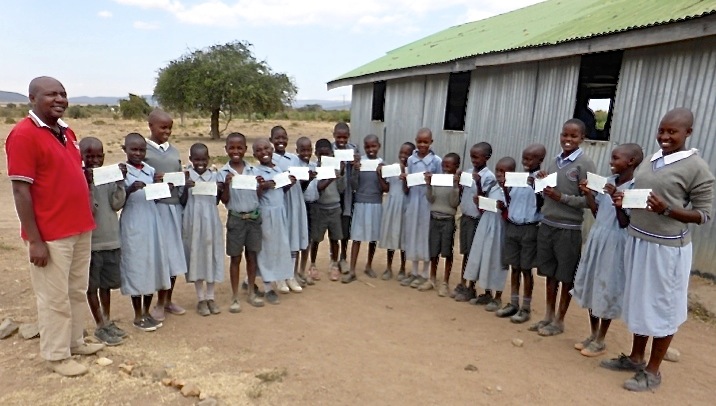
There has been a massive decline in wildlife numbers in recent years all over the globe, mainly due to increasing human populations taking over and altering the natural landscape, resulting in the disappearance of habitat for wildlife and a consequent crash in the numbers of many species.
Unfortunately it seems there is less and less room being left where wildlife can exist.
Throughout the world the future survival of wildlife depends on having protected natural habitats in which they have enough space to live in safety and with adequate sources of food.
In East Africa it is just the same and in Kenya less than 8% of the land surface is available for wildlife in the official state-owned National Parks or Reserves.
The good news is that much has been achieved in recent years to provide safe habitats for wildlife by the setting up of wildlife conservancies to expand beyond the National Parks, on lands belonging to local communities or on private ranches. In these conservancies such as Ol Kinyei, the wildlife is thriving and the elephants have a safe place to live as can be seen in this video clip of a family with small babies filmed just a few weeks ago:
https://www.facebook.com/gamewatchers/videos/10155615219854563/
Kenya’s wildlife conservancies are crucial in expanding the area of protected wildlife habitat in dispersal areas beyond the National Parks, thereby increasing wildlife numbers, species variety and bio-diversity by providing more space where the wild animals can live in safety.
But this success comes at a cost, as the conservancies need to pay their way if they are to survive.
The local communities which own the land are able to earn an income through leasing out parcels of land to form wildlife conservancies and by having jobs, working as rangers or as staff in the safari camps within the conservancies on their land. In addition to the income from renting out their land for wildlife and from jobs, the communities also benefit from a number of outreach projects connected to the conservancies such as receiving assistance with costs of education.
The future of the conservancies and Kenya’s wildlife directly relies on the communities seeing tangible benefits from eco-tourism that outweigh the returns that would otherwise be generated from alternative uses of the land, e.g. farming, ranching, charcoal burning, sand harvesting, real estate developments etc. Part of the payments made by visitors coming on safari to stay at the Porini Camps is used towards the costs of the leases and the conservancy running costs and our guests also have the chance to contribute towards the various projects which we support.
At Gamewatchers Safaris we have an Education Bursary Fund to support local Maasai families living near the Ol Kinyei Conservancy who have children at various schools in the area. The aim is to alleviate some of the financial burdens of the costs of education as many in our neighbouring communities struggle to meet the ongoing expenses of school fees, books, uniforms and school activities. Inability to pay these expenses often results in children having to drop out of school, causing under-educated youth with poor job prospects and no obvious route out of poverty.
Our next planned school support payment is in early May, next month, when the schools re-open and the parents will need to pay the term’s fees. We are aiming to pay the fees for 2 children of every family with plots of land making up the conservancy.
Right now we need a further $11,500 in the Bursary Fund so that we can make payments directly to the schools for the children from the local community. We’re appealing to our many guests and friends of Porini who might like to support this worthy cause and help to make a difference to many of the hundreds of landowners of Ol Kinyei Conservancy who are positively supporting conservation of wildlife.

Ol Kinyei community leaders receives school fees from Gamewatchers Founder, Jake Grieves-Cook
HOW CAN YOU HELP?
Parents of school children have to make contributions every year for each child and for Primary School children these are fairly typical examples:
Uniform: US$35, Books: US $30, Contributions to “school activities”: US $20
School fees: range from US $45 to US $150 per Term.
If you would like to help this project to improve the education and future livelihoods of the local children you can contribute any amount by making payment by Visa/Mastercard card to our secure online credit card payment site.
If you email us to advise how much you would like to contribute we will send you a link for you to pay by credit card and we will bear the credit card charges and cover the administration costs so that the TOTAL amount contributed will go directly as payments to the schools.
We will list the names of all contributors in a future posting on our Facebook page and on our website blog together with photos and details of the schools where payments were made for the fees for pupils from the local community.
Please contact us by sending an email to info@porini.com with the amount you would like to donate and we will be in touch to finalise.
Thank you very much for any support for this project!

Gamewatchers Corporate Affairs manager, Daniel Njaga hands over school fees to the headmistress of Kishermoruak Primary School
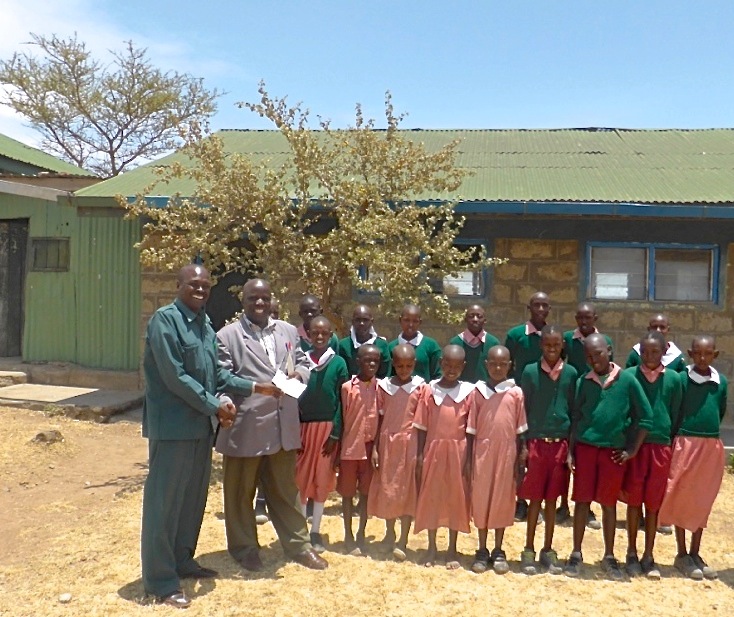
Senior Warden Simon Nkoitoi presents cheques for Ol Kinyei community pupils at Oloibormurt Primary School to the Headmaster.

Daniel Njaga, Corporate Affairs Manager of Gamewatchers Safaris presents cheques to pupils of Tumaini School
See more details of our Community Projects here:
Supporting Communities
on Monday 16th April 2018 at 10:16




